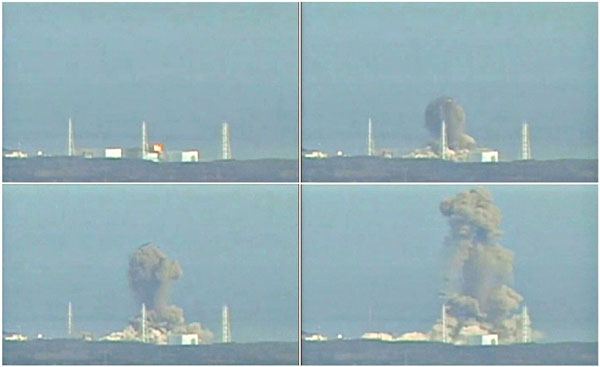Today we’re going to talk about Japan’s relationship with nuclear power and the catastrophic events of March, 2011. Why did Japan become so reliant on nuclear energy? Why did all the safeguards in place fail so badly in 2011? And where on earth do we go from here?
Listen to the episode here.
Sources
Samuels, Richard. 3/11: Disaster and Change in Japan.
A solid NYT article on the recent indictments at TEPCO.
A great PBS Newshour feature on the heroes of Fukushima, the TEPCO workers who stayed on site to stabilize the plant.
Owing to the recent nature of the events at Fukushima, there are very few books on the subject. Most of the research for this episode came from Samuels’ book or googling around for news articles.
Images






Hello. Just listened to the Fukushima podcast, there was a lot that I didn’t remember from the actual event. However, it seems to me that if you are going to make a positive case for nuclear energy, you have to make more than a passing mention of nuclear waste. For the record, the US does not pay other countries to take our waste. Instead, it is stored indefinitely in ‘temporary’ storage facilities, and as far as I know there are no plans of any sort for a permanent facility. There was a plan to store waste in Nevada, but that was cancelled years ago because of local resistance. I live in Chicago. The Zion nuclear power plant is 50 miles from here, on Lake Michigan, with tons of nuclear waste stored in corroding tanks uphill from the water source for tens of millions of people. Very, very bad plan. As Fukushima showed, nuclear power is only cheap is you pretend that there is no down side. When you include the cost of the inevitable accidents, then it is quite expensive. That is why insurance policies for nuclear plants are all backed/paid for by the federal government.
BTW, really enjoyed the Fall of the Samurai. I would also enjoy a continuation of that series, going over the early growth of capitalism in Japan, the Sino/Russo war (sp?), etc…
I think you’re right, and I was torn between focusing solely on nuclear power and on the broader issues specific to Japan. Tried to kinda split the difference, but as you noted the balance was not perfect.
I love the idea of a history of capitalism in Japan. That’s great! Thanks.
It seems that you don’t like to follow the 20 year rule. Why is that?